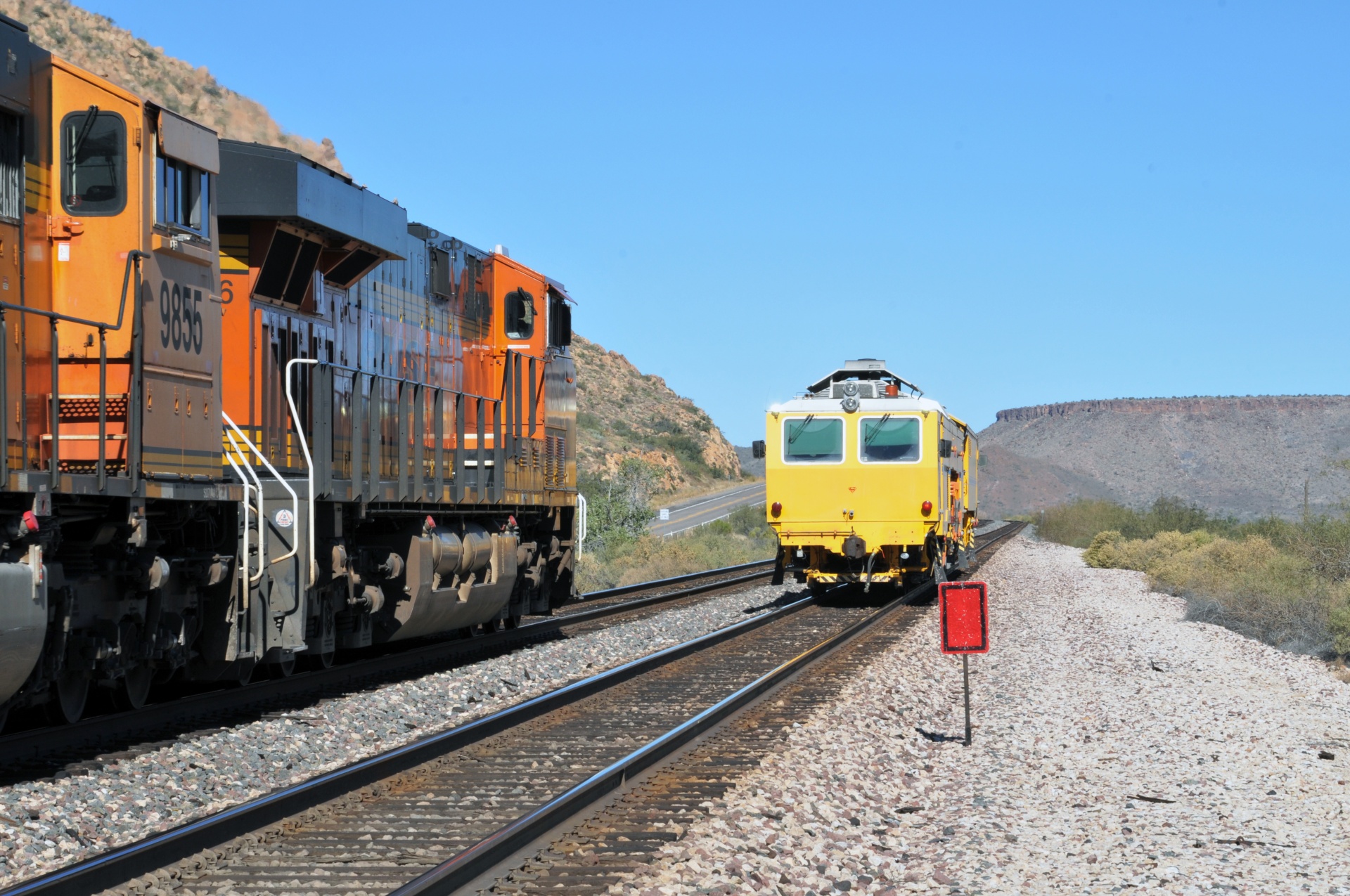The Ontario Court of Appeal recently considered whether a rail carrier is entitled to charge a shipper demurrage pursuant to its tariff in the absence of any contract for carriage or services between the carrier and the shipper.
Facts:
P&H, a shipper, entered into contracts with CN Rail for the movement of grain from western Canada to Ontario under the terms of a Memorandum of Understanding (MOU) that had been in place between the parties since 2003. CN was the actual carrier for most of the carriage, but the final leg took the grain along the Guelph Line, owned by CN but leased and operated by the Goderich-Exeter Railway Company (“GEXR”) pursuant to an agreement between CN and GEXR. The goods were unloaded at a terminal owned by Shantz Station Terminal Ltd. (“SSTL”), which was in turn owned by the shipper P&H.
GEXR claimed that its railcars had been detained at the terminal beyond the allotted free time, and claimed against P&H as the shipper and its subsidiary SSTL as consignee for demurrage charges it had imposed under its tariffs. P&H denied liability to GEXR as there was no contract between them that permitted the charging of demurrage, while P&H’s MOU with CN specifically stipulated that only CN would invoice P&H for demurrage.
In Canada, the operation of railways is governed by the Canada Transportation Act., S.C. 1996, c.10 (the CTA), and GEXR was the only authorized operator of the Guelph Line under the lease with CN and was the railroad authorized under the CTA. CN and GEXR further had an Interchange Agreement, which provided that CN could provide services including destination points on the Guelph Line, entering into contracts and establishing tariffs for charges CN would collect on its own account, and CN would render to GEXR a haulage fee for any such traffic. The Interchange Agreement also provided to GEXR the right to establish tariffs or enter into contracts for services incidental to rail carriage – including demurrage.
While the litigation involved invoices for demurrage issued by GEXR to P&H between 2010 and 2012, in fact the issue of demurrage had arisen previously between the parties. At some point, GEXR had issued demurrage invoices to P&H, which P&H had refused based on their MOU with CN. While CN had taken the position that GEXR could issue such invoices, in fact GEXR had not pursued them. Also, for some period of time, CN agreed to invoice demurrage to P&H for GEXR and to remit to GEXR the amounts so collected, but for a variety of reasons this arrangement collapsed. So it was that in 2010 GEXR once again began issuing demurrage invoices to P&H, which P&H refused, ultimately leading to GEXR claiming for the unpaid invoices in October 2012.
Also in 2012 P&H commenced an arbitration against CN as provided for under their MOU, and the arbitrator determined that CN was in breach of its obligation under the MOU to be the only carrier invoicing P&H for demurrage; GEXR was not a party to that arbitration, and the final determination of the remedy for CN’s breach was deferred pending the outcome of the Claim, which would determine P&H’s loss (if any).
Issues:
Does the Canada Transportation Act along with GEXR’s tariff empower GEXR to levy demurrage against P&H?
Is there an implied contract between P&H and GEXR?
If both answers are negative, was P&H unjustly enriched and GEXR’s expense?
Ratio:
Justice Zarnett agreed with the trial judge that there was no right to impose charges on a party outside of a contractual agreement in respect of the services and charges. Although GEXR was able to point to cases describing a common law right to charge demurrage, both Courts found that this was a description of how the right operated – that is, as a matter purely of the common law – prior to the establishment of legislation and regulations to define those rights and obligations as we have now under the CTA.
Similarly, the CTA authorizes the operation of railroads and the publishing of tariffs and regulates those practices, but the fact that those services and charges are regulated does not establish nothing in the CTA serves to authorize the imposition of charges by a service provider to a third party that is not privy to any contract in respect of those charges or services. GEXR is obligated to provide the regulated services and is entitled to its lawfully charged rates for those services, but it can only lawfully charge those services to a party that has contracted for them.
This is consistent with the decision of the BCSC in CN vs Neptune Bulk Terminals, 2006 BCSC 1073, in which CN issued a tariff purporting to obligate terminal operators (with whom CN had no direct contract) to pay demurrage charges. In that case, Justice Wedge held that CN’s tariff “is binding only on parties with whom CN contracts for the carriage of goods.”
On the question of an implied contract, the Court of Appeal refused to overturn the findings of the trial judge as they disclosed no obvious error; the presence (or not) of an implied contract being highly dependant on the specific facts of the case. So, while GEXR relied on Railink Canada Ltd. (Southern Ontario Railway) v. Fedmar Limited, 2009 CanLII 15893, in which the Court did find an implied agreement between the rail carrier and the receiving consignee, Justice Zarnett agreed with the trial judge that this did not establish that such implied agreements exist as a matter of law between carriers and consignees, only that it may in the right circumstances. As a general matter a contract may be implied where a party makes its terms known (as GEXR did) and the other continues to use the services while remaining silent about the terms, but in the present case the shipper had not remained silent but had repeatedly insisted that there was no arrangement between them and no right for GEXR to invoice for demurrage; this is inconsistent with the ‘meeting of the minds’ that is required to form a contract.
Both Courts disposed quickly with GEXR’s claim for unjust enrichment. Unjust enrichment requires a benefit to the defendant and a corresponding loss to the plaintiff sustained without juridical reason. It was not clear on the facts that P&H was enriched at all by the detention of the cars beyond the free time, and further the defendants admitted and remained liable to CN for any such charges (which CN had not charged, through no fault of P&H). Not only that, but it was not clear that the opportunity cost of the loss-of-use of the cars for that period: while in theory, during busy periods, the inability to put a car back in service might result in a loss of revenue, GEXR had adduced no evidence that there was a shortage of equipment or that any shipper had been turned away for want of rail cars.
In the result, the appeal was dismissed with costs.
Ref: Goderich-Exeter Railway Company Limited v. Shantz Station Terminal Ltd., 2020 ONCA 560
Appealing G.E.X.R. v. Shantz Station and Parrish & Heimbecker, 2019 ONSC 1914




